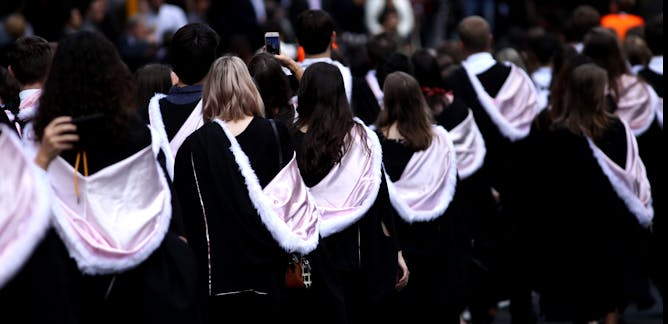
Articles sur Humanities
Affichage de 1 à 20 de 233 articles

From commerce to public policy, cuts to New Zealand’s university humanities departments will have repercussions well beyond the so-called ‘ivory towers’.

Three Indigenous studies scholars draw from colonial histories and explain why listening for alien life can have ethical ramifications.
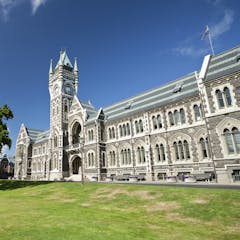
The $128 million funding boost for the tertiary sector is only a stop-gap measure. But it can buy time for a genuine rethink of the entire system.
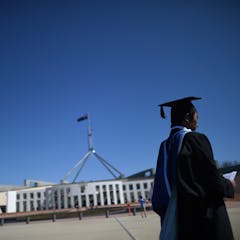
The idea a generalist degree just leads to over-qualified graduates serving coffee Reality Bites-style is not only wrong, it is a misguided understanding of what we need from graduates.
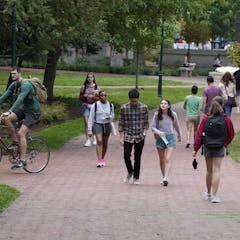
To address declining humanities enrolments, these programs should ensure they offer more than critical theory for identifying and analyzing problems.
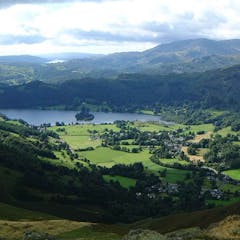
The idea that human activity threatens nature, and that it is important to protect wild places, dates back to the dawn of the Industrial Revolution.

Internships and work-integrated learning for social sciences and humanities students can be part of how post-secondary institutions increase their capacities to contribute to social innovation.

LinkedIn called creativity ‘the most important skill in the world’ – it should be central to Labor’s jobs summit.

The humanities are labouring under a culture of managerialism – could the answer lie in reconnecting old traditions to post-1960s progressivism?

As we observe with the war in Ukraine, humanities skills are crucial for understanding 21st-century problems.

Big data analysis has unveiled startling links between seemingly unrelated things, such as how a person’s physical elevation above sea level might influence their personality.

Teaching entrepreneurial skills is a staple in business schools. But it can benefit all students – including majors in engineering, agriculture and even the arts.

History isn’t just learning facts. Students learn about the past by researching information and synthesising it to form an evidence-based argument. This skill is useful for a range of careers.
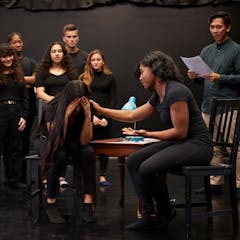
Instead of focusing solely on what managers do, management and business education needs to provide students with people skills. Here’s how the arts can help.

Government plans to defund arts higher education are detrimental to both the UK’s economy and its future.
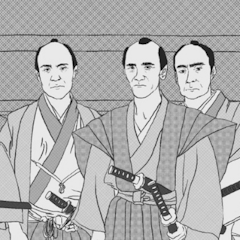
A history professor describes how student-designed video games have transformed his classroom and provided a substitute for academic essays.

The lead role of public health researchers continues to be important. But there is growing acknowledgement that social scientists have to be present from the very beginning.
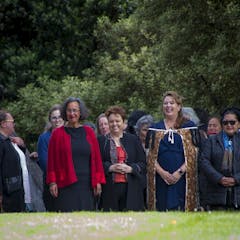
A veterinary scientist by training, Massey University Vice-Chancellor Jan Thomas has turned to the humanities to learn more about Māori. Here she explains why.

Graduate programs can be rich in scholarship and still prepare students for real-world careers.

Is it time for some scientists to turn back to pre-COVID-19 research?

